The 1904 Summer Olympics were the third modern Olympics and took place in St. Louis, Missouri. It was the first time for the Olympic Games to be held outside of Europe and only 12 countries participated, so it is hard to say that the games were an international event. And many other things were unusual or simply wrong at these games, mostly the cheating in the disciplines that it wasn’t only disgraceful but also ridiculous.
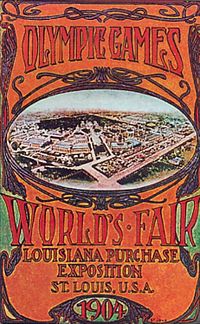
The games lasted almost five months at the time when the World’s Fair sports started. It was a mess when the World’s Fair reporters got used to the term “Olympic” and used it for all sports events at the time.
The biggest mess was the marathon at the Olympics. It was run in an intolerably hot weather of 90 degrees, over dusty roads, with horses and automobiles clearing the way and creating dust clouds. The conditions forced 18 of the 32 competitors to withdraw the race.
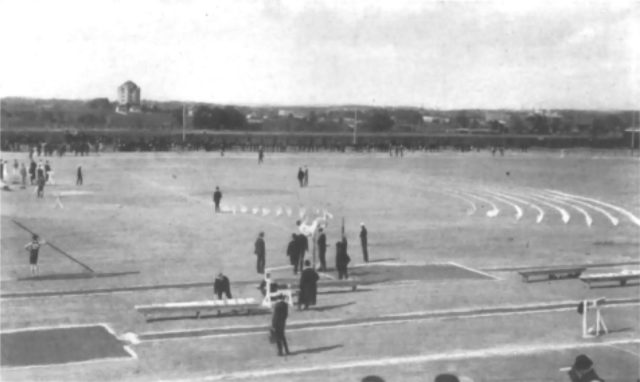
The first competitor who finished the race was Frederick Lorz, not by running but by driving in a car. After running 14.5 km, Lorz was exhausted, and his manager picked him up in a car for the rest 17.7 km. Unfortunately, the car broke down, and Lorz continued the way back to the Olympic stadium by foot. Unexpectedly he cut the finishing line tape and was greeted as the winner of the race.
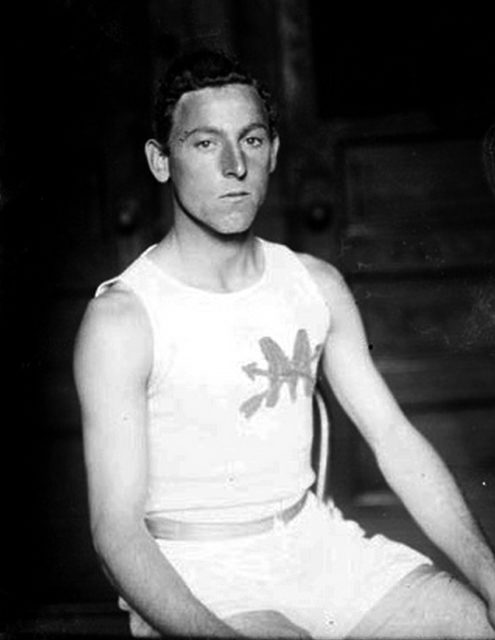
Greeted by the excited audience, Lorz continued to play the joke even though the truth was soon revealed. However, he didn’t seem to care much and a year later, he won the 1905 Boston Marathon.

Now the real and legal winner was Thomas Hicks – a Briton running for the United States. When he crossed the finish and instead of enjoying his victory, he almost died in the stadium if it wasn’t for several doctors who treated him. As a matter of fact, he was barely walking before the end of the race and was supported by his trainers.
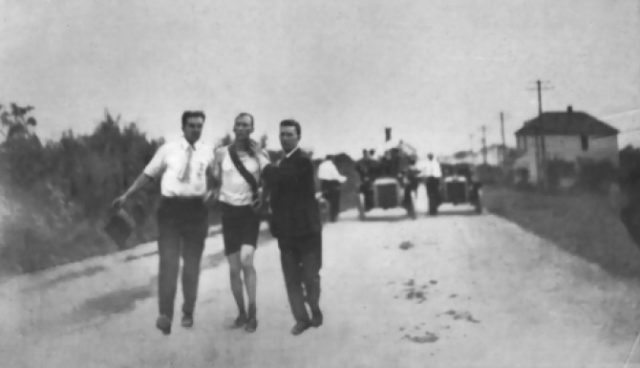
It was later revealed that his trainers gave him doses of strychnine sulfate (a common rat poison, which stimulates the nervous system in small doses) mixed with brandy. Despite the rat poison, he is considered to be the winner of the marathon.
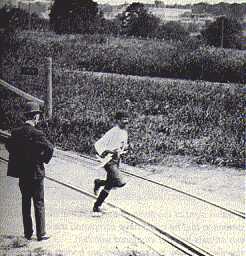
There was also the story of Felix Carbajal, a postman from Cuba who arrived at the marathon just before it started. He didn’t even have the time to take running clothes and had to cut his pants so that they would look like shorts. He stopped off in an orchard en route to have a snack on some apples which turned out to be rotten. He left the race and took a nap in a shadow. When he woke up, he continued the race and ended up in fourth place.
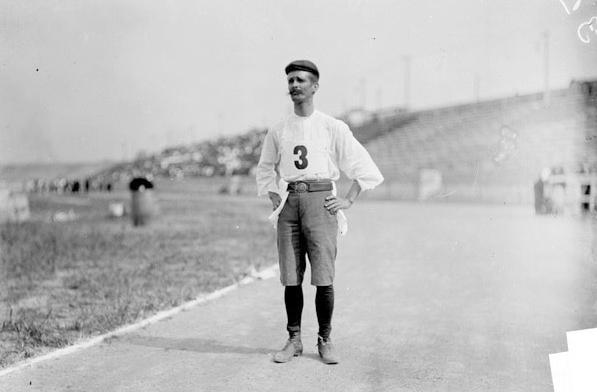
Len Tau – Tswana tribesman and student in Orange Free State in South Africa was also competing and ran just fine until being chased by aggressive dogs for a mile off course. Many observers claimed that he would have done better instead of ending up in the ninth place.
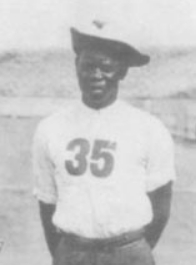
Another thing is that the French team didn’t have a representative at the marathon because Arthur Coray arrived without correct documents and wasn’t allowed to participate in the Games.
However, he is inconsistently listed as performing in a mixed team in the four mile team race and performing for the US in the marathon.
